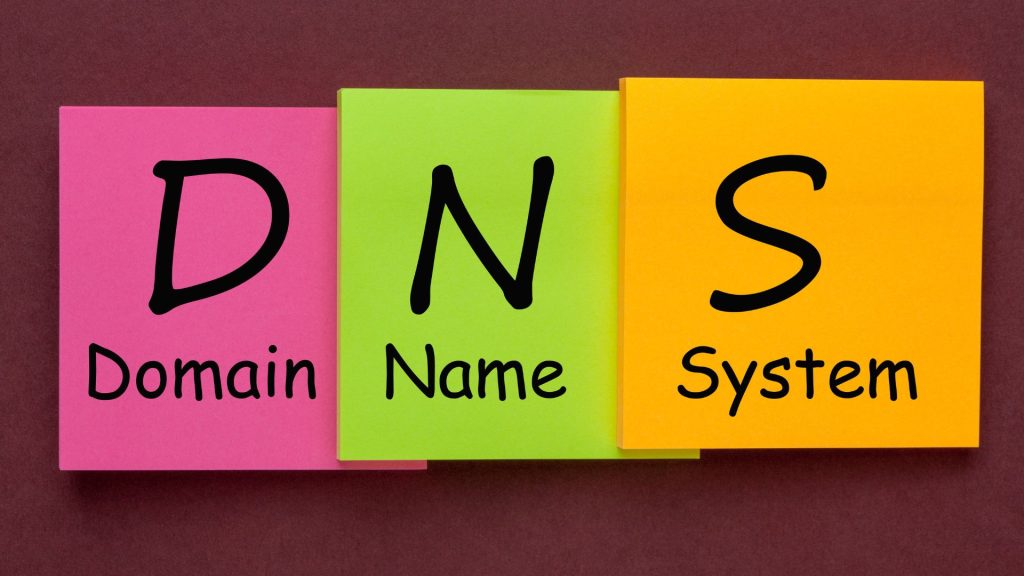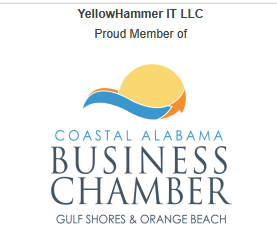As a business owner, establishing a strong online presence is essential in today’s digital landscape. A crucial component of your online identity is your domain name, which acts as your digital address on the internet. Choosing the right domain name is not just a matter of preference; it can significantly impact your brand’s visibility, credibility, and overall success. In this article, we will unravel the mysteries of domain names and provide valuable insights to help you select the perfect one for your business.
What is a Domain Name?
A domain name is a unique alphanumeric address that directs users to your website. It’s sometimes referred to as a URL. It serves as a gateway for potential customers to find and interact with your brand online. For example, in the domain name “www.example.com” is the domain name. It represents your brand’s online identity and is a key element in building trust and recognition.
What is a Domain Registrar?
A domain name registrar is a company or organization accredited by the Internet Corporation for Assigned Names and Numbers (ICANN) or a country code top-level domain (ccTLD) registry. Its primary function is to manage the reservation, registration, and maintenance of domain names on behalf of individuals, businesses, or other entities.
When you register a domain name, you essentially lease the rights to use that domain for a specific period, typically one to ten years. Domain registrars facilitate this process by providing an interface for individuals and businesses to search for available domain names and purchase them.
YellowHammerIT, LLC is an ICANN domain registrar and can provide domain acquisition services for your business!
Registrars, such as YellowHammerIT LLC, allow users to search for available domain names, helping them find unique and suitable options for their online presence. Once you have selected a domain name, the registrar handles the registration process, acting as an intermediary between you and the domain registry. They collect the necessary information, such as your contact details, and submit the registration request on your behalf. We also provide access to Domain Name System (DNS) management tools. These tools allow us to configure DNS settings, such as assigning IP addresses and creating DNS records like A, CNAME, MX, and TXT records. We handle the renewal process, sending reminders to renew your domain name before it expires. We also facilitate domain transfers if you decide to move your domain name from another registrar to us or vice versa.
It’s important to choose a reputable domain name registrar that offers reliable services, competitive pricing, and excellent customer support. Consider factors such as pricing, domain management features, reputation, and user reviews when selecting a registrar for your domain name needs.
What are Domain Extensions?
Extensions, also known as top-level domains (TLDs), are the suffixes that appear at the end of a domain name. They provide information about the purpose, type, or geographic location associated with the website. Here are a few examples of common types of extensions:
- com: Originally intended for commercial websites, .com is the most popular and widely recognized domain extension.
- .org: Primarily used by non-profit organizations. This is not always the case.
- .net: Originally intended for network-related websites, it is now used by various types of organizations.
- .edu: Reserved for educational institutions like universities and colleges.
- .gov: Restricted to government agencies and departments.
- .tech: Technology-related websites
- .store: E-commerce and retail websites
- .blog: Blogging platforms and individual blogs
- .travel: Travel and tourism-related websites
- .photography: Photography portfolios and related websites
- .us: United States
- .uk: United Kingdom
- .ca: Canada
- .au: Australia
- .de: Germany
- .gov: Restricted to government agencies
- .mil: Reserved for the United States military
- .edu: Restricted to accredited educational institutions
- .int: Reserved for international organizations
The choice of extension depends on the purpose and target audience of your website. While .com is generally recommended for business websites, using industry-specific extensions can help convey the nature of your website more effectively.
It’s worth noting that the availability of specific extensions may vary, and some extensions may have specific registration requirements or restrictions. When choosing an extension, consider the relevance to your business, branding, and target audience.
How Do I Choose a Domain?
There are several factors to consider when choosing a domain name, and YellowHammerIT LLC can help:
Check Availability
The availability of a domain name refers to its availability for registration, meaning it hasn’t been already registered by someone else.
Reflect Brand Consistency
Your domain name should align with your brand identity, making it easier for customers to associate it with your business. Incorporate your brand name, relevant keywords, or a combination of both to create a memorable and recognizable domain.
Keep it Simple and Concise
Short and straightforward domain names are not only easier to remember but also less prone to typos or misspellings. Avoid complex or ambiguous words that may confuse your audience and make it harder for them to find you online.
Opt for Popular Extensions
While numerous domain extensions are available today, the .com extension remains the most popular and widely recognized. It instills a sense of credibility and professionalism in the eyes of your target audience. If the .com extension is unavailable, consider other reputable extensions such as .net or .org.
Avoid Hyphens and Numbers
Hyphens and numbers can make a domain name appear cluttered and less professional. They are often misunderstood or forgotten when users try to recall your website address. Aim for a clean and seamless domain name without any special characters.
Conduct Keyword Research
Including relevant keywords in your domain name can boost your search engine visibility and help potential customers find you more easily. Research popular industry keywords and try to incorporate them naturally into your domain name.
Be Unique and Memorable
Standing out in a crowded online marketplace is crucial. Your domain name should be distinctive, capturing the essence of your brand. Avoid generic or clichéd terms that fail to leave a lasting impression.
Check for Trademark Infringement
Before finalizing your domain name, conduct a thorough search to ensure it does not infringe on any existing trademarks. This step will prevent potential legal issues and safeguard your brand’s reputation.
Final thoughts
Choosing the right domain name is an integral part of building a successful online presence for your business. By reflecting your brand, keeping it simple, leveraging keywords, and ensuring uniqueness, you can create a memorable and effective domain name. A well-chosen domain name will not only make it easier for customers to find you but also contribute to your brand’s credibility and long-term success.
Take the time to research and brainstorm, and consult with experts, such as a managed service provider, to make an informed decision that aligns with your business goals.
Let us know how we can help you acquire or manage your domains.
More Articles

Enhancing Business Security with Video Cameras

Common Pain Points for Universities

Brand Discovery: Unlocking Your Website’s Vibe

Faculty Training for Canvas LMS Success

How to Use Social Media Posts to Drive Traffic to Your Website

Contagious Digital Marketing: Applying the STEPPS Model

Demystifying SEO: What Business Owners Need to Know

Tired Website? Get a Free Website Discovery Report






